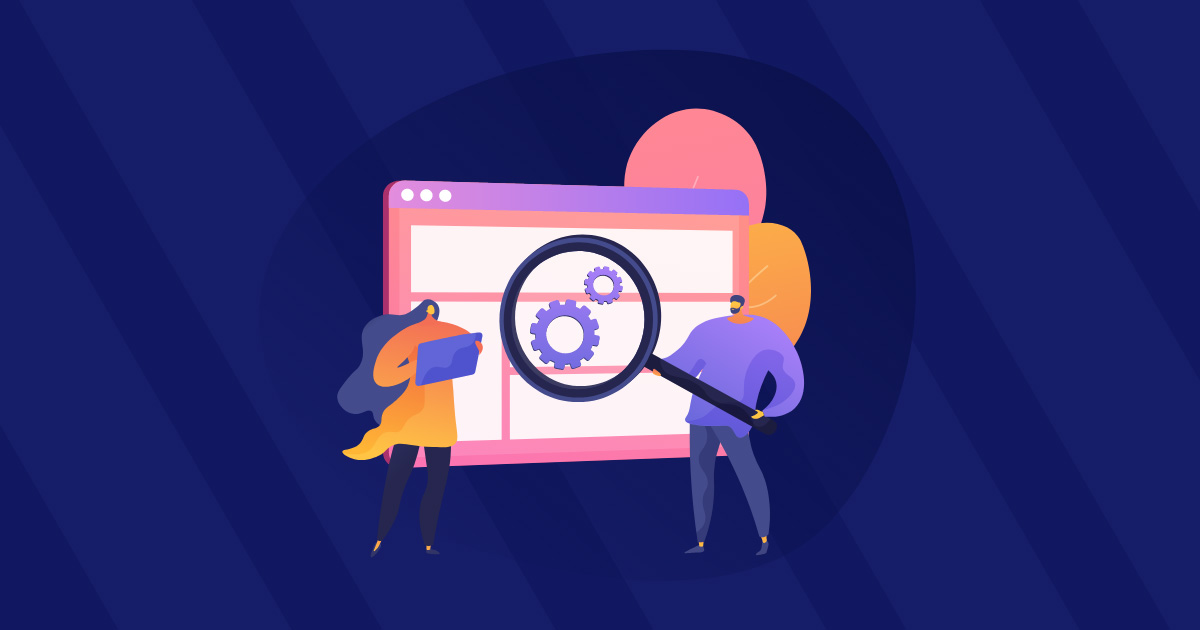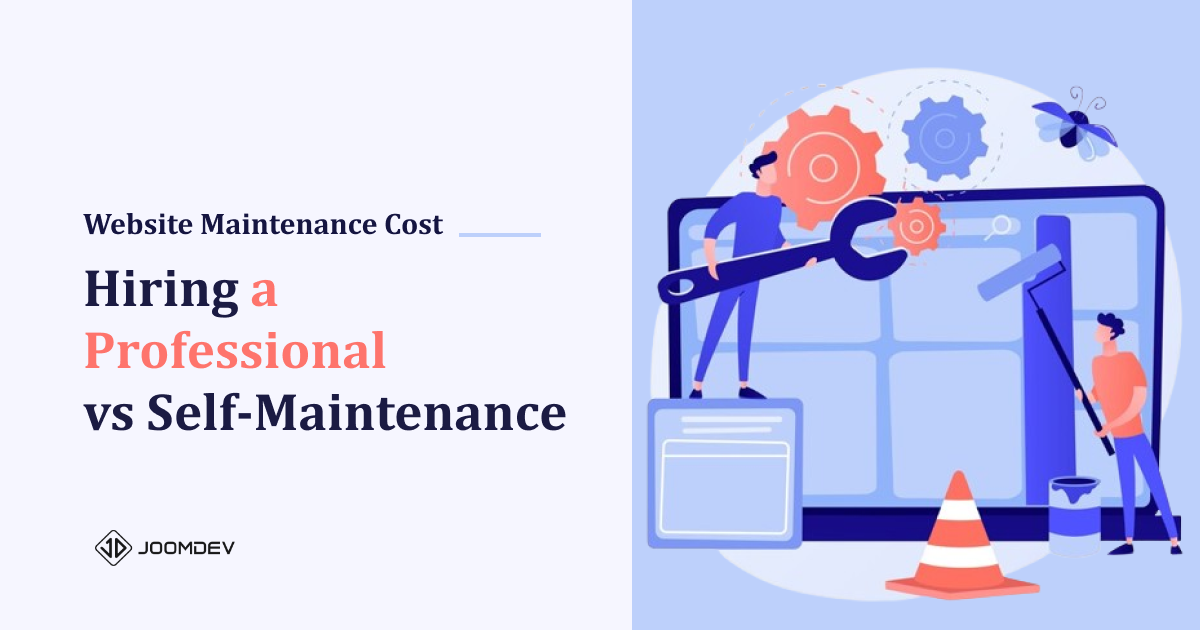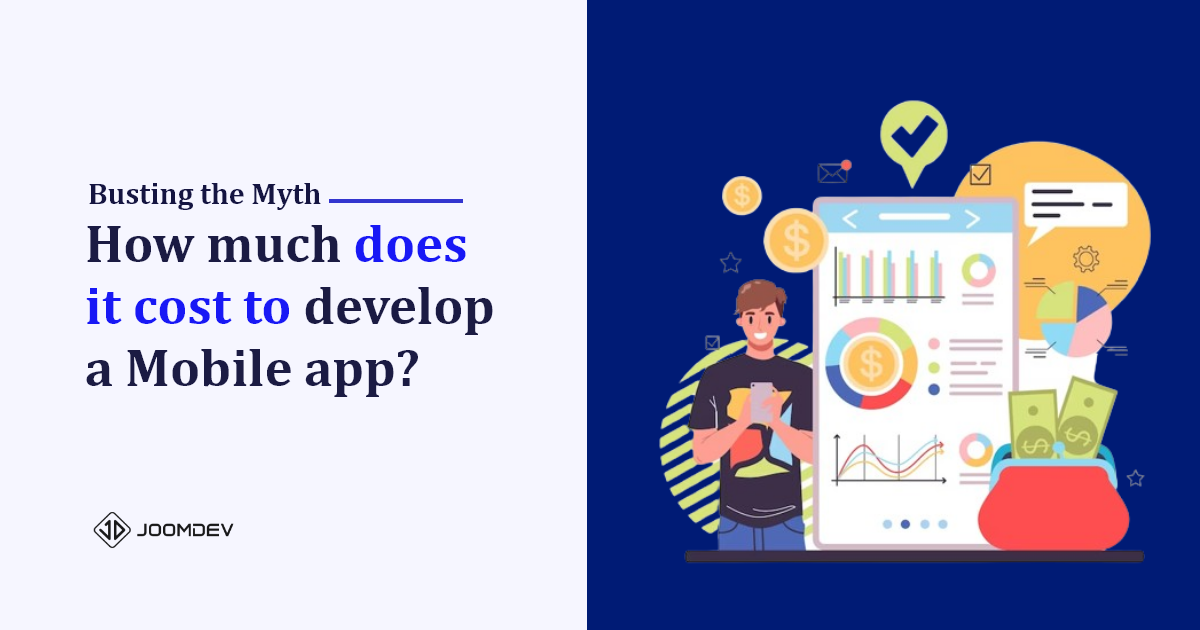The importance of websites in business has increased over the years. Creating a well-designed and properly developed website is now one of the best things a company can do in order to continue thriving. If the website’s layout or content doesn’t make sense, is confusing, or is inadequate, visitors will not spend a lot of time on the site.
It’s imperative that the website’s layout and content are in line with one another so visitors can get the information they’re searching for with ease. That’s why many businesses find a reputable website design company like Connective to build their websites with user experience in mind. If you want to learn what user experience means and why it’s essential when designing a website, keep reading.
Your Website Design Affects User Experience
What Does User Experience Mean?

In creating a website, you should first consider how you intend to use it. Is it going to act as a digital sales brochure for your products? Or is it intended to help clients find the information they need regarding your services efficiently?
With this in mind, you should also take into account how your audience will feel and experience when they visit your website. If you want to give your visitors useful information, you should ensure that the content is organized. If you want them to stay and explore the website, you need to make the site attractive. All of these aspects affect user experience.
User experience or UX has to do with how an individual interacts with a website or a similar product. It involves a set of rules or assumptions about how people will use a piece of software or a particular feature on a website, which can be anything from navigation tools to forms.
UX, in this case, is the science of anticipating and providing satisfaction for the users of a website. The goal is to provide a pleasant browsing experience and ensure ease of navigation. UX includes information science, cognitive psychology, sociocultural psychology, and usability. It’s used for website design as well as website development purposes.
Usability design principles involve the rules governing the arrangement and placement of text, images, and other objects so that the output is a consistent and clear representation of what the target audience needs. They help web designers give a sensible look to a website. Web designers use color, size, font, and other elements to establish user interface controls and facilitate interactivity.
Why Is User Experience Important?
User experience is significant because it seeks to meet the users’ demands in a simple, effective, and efficient manner. More specifically, it aims to give positive experiences that keep users attached to your brand or product. It also allows you to quantify customer interactions on your most favorable products, enabling you to track user habits. This helps you create new ones, determine the effectiveness of existing habits, and improve the performance of your products.
How Does Website Design Affect User Experience?
Every business owner needs to understand how website design and user experience are related so they can create a website their target customers will benefit from and enjoy browsing. Here are some of the ways the design of your website affects your visitors’ experience:
It Provides A Sense Of Integrity And Professionalism
A good website design helps you prove yourself as a professional, and it also helps you build your brand image, which is needed in today’s competitive world. That’s why as a business owner, you need a website that shows your integrity and professionalism. Having a consistent and unified web design will provide a clear visual representation of what your business is about, giving your visitors a good reason to trust you.
When a visitor senses that your website design displays integrity and professionalism, this creates a positive experience for them. If they have a positive impression of your brand and business, this would result in an excellent reputation for you in the long run. A strong customer image easily leads to increased sales and revenue. It also allows you to establish strong relationships with visitors because they’d want to stay longer and explore your site.
It Captures The Attention Of The Audience
The home page of a website plays a crucial role in user experience. When a visitor opens a website, the first few seconds are critical since that’s the length of time it takes for them to decide whether to stay on the page or move to another site. When users see a cluttered home page, they automatically feel uneasy, and they think that the website shouldn’t be taken seriously. That’s why it’s essential to have a nice and pleasing website design, especially on the home page, to capture the attention of your audience and keep them engaged with your content.
With the amount of information and the number of websites online, your web design must entice your visitor to keep browsing your website instead of a competitor’s. How do you retain your visitors? Here are some tips:
- Create visual interest by using suitable typography and images.
- Choose the right color palette that represents your brand.
- Add bright and catchy banners.
- Add appropriate visual elements like infographics, videos, and animation.
Another way to pique your visitors’ interest is to set up a landing page. There are many powerful landing page techniques you can use to impress your visitors and convince them to continue exploring your site or even making a purchase from you.
Landing pages deliver valuable content and information to website visitors, offer the next steps to further engagement, and give the audience more insight into the products and services you’re offering. More importantly, they generate lead opportunities for your company by demonstrating to your targeted visitors that your company has what they need and that it’s willing to do whatever it takes to convert leads into sales.
Landing pages would benefit your overall digital marketing strategy as well because they provide the ultimate customer journey. Your potential customers are presented with a clear picture of what they’ll be receiving from your business through these pages.
It Builds A Connection With Your Audience

Happy customers are much more likely to purchase products from you again than customers who’ve had a bad experience with your company or services. That’s why customer relations are an essential part of marketing, and it’s also an integral part of creating a website based on user experience. You can then use this long-term relationship-building advantage to increase sales and grow your business.
If you provide an excellent level of service that your customers are satisfied with, they’ll tell others who may need your products or services but have yet to discover your company. When people are pleased with the quality of your offerings, they’re more likely to spread the word about your business.
How do you come up with a website that’ll allow you to build a connection with your visitors? To make your website more interesting to your target audience, it’s essential to practice creativity during the planning and development stages. You can accomplish that by following these tips:
- Your content must be highly engaging and helpful for your audience.
- Add visual elements like images, videos, and infographics to your content.
- Create a comment section so you can get suggestions, questions, and other messages from your audience.
- Ensure that there’s proper and clear navigation throughout the pages. People need to be able to figure out what to click so they can go where they need to go.
When designing your website, make sure that you allow your visitors to give feedback. Consumers like it when they’re asked about what they think of your products and services. Aside from having a comment section, it would be best if you also had a Contact Us page on your site so visitors would know how to reach you.
It Affects Your Website’s Loading Time
You may not be aware of this, but there’s a connection between your page’s loading time and your visitors’ user experience. When a visitor uses a slow website, they lose their patience and immediately look for another site that can cater to their needs. If your web pages don’t load quickly enough, you may lose most of your visitors and the opportunity to convert them into paying customers.
Another importance of page speed optimization is it can dramatically impact your search engine optimization or SEO ranking. When you have a slow website and you lose traffic because of this, your ranking on search engine results pages (SERPs) will be negatively affected, and your online visibility and credibility will be reduced, too. It’s essential to consider the elements in your web design that can affect site speed to ensure that your visitors get the information they want from your site quickly and that they stay on your website to learn more about your brand.
What’s an aspect of web design that affects your site speed? It could be the presence of high-resolution images and other multimedia elements. It’s better to limit their use on every page and also maximize the use of white space in your design to help pages load faster.
Final Thoughts
A web designer must always keep the users in mind when creating a website. This means that when you create a website, you should consider what your target audience will feel and experience when they visit any of your web pages. Will they learn something new? Would they want to buy your products? Those are just some of the things you need to ponder on.
A well-designed website will display trustworthiness, professionalism, and integrity, which will ultimately make your visitors trust your brand. Aside from that, a well-designed website can get the attention of your visitors and ensure that you’re able to build lasting connections with them. Lastly, a well-designed website has excellent loading time so visitors won’t be frustrated looking for what they need on your website.








